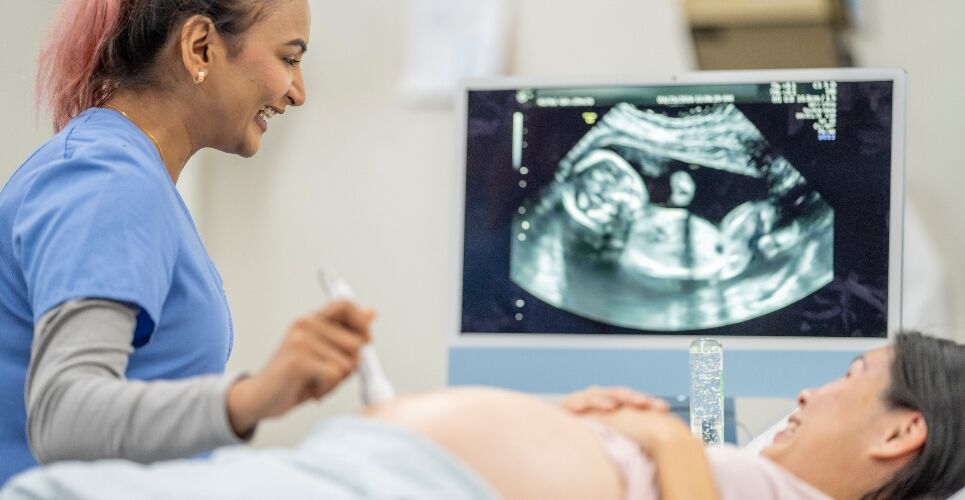Pre-conception Covid-19 vaccination has been shown to have no impact on the chance of miscarriage for heterosexual couples.
Researchers from the University of Boston School of Public Health (BUSPH) found that the rate of miscarriage among vaccinated individuals was similar to couples who had conceived before the pandemic and concluded that there was no increased risk of either early or late miscarriage if either partner gets the Covid-19 vaccine.
The findings, published in the journal Human Reproduction, suggest that vaccinated couples had a slightly lower rate of miscarriage compared to unvaccinated individuals. The researchers hope the study will reassure both couples trying to conceive and healthcare workers about the safety of Covid-19 vaccines.
Multiple studies have previously shown that the Covid-19 vaccine does not lead to infertility or pregnancy complications such as miscarriage. However, many people are still wary of the potential risks to conception and pregnancy associated with the vaccine.
This study is the first to evaluate the relationships between risks of early miscarriage (less than eight weeks gestation) and the first to assess the risk of miscarriage when the male partner has the vaccine pre-conception.
As part of the BUSPH Pregnancy Study Online (PRESTO), a National Institutes of Health (NIH)-funded survey, the researchers analysed survey data on Covid-19 vaccination and miscarriage among female and male participants.
Included in the participants were 1,815 females from the United States and Canada who were followed between December 2020 and November 2022 from the first positive pregnancy test until miscarriage or other event, including abortion and ectopic pregnancy or 20 weeks gestation, whichever occurred first.
The study found that 75% of female participants had had at least one Covid-19 vaccine by the time they were pregnant. Of these pregnancies, a quarter ended in miscarriage, and the majority of these were prior to eight weeks gestation.
For unvaccinated females, the risk of miscarriage was 26.6%, indicating vaccinated females had a slightly lower chance of miscarriage than unvaccinated females. The risk of miscarriage was found to be 23.9% for females who had had one dose of vaccine prior to conception and 24.5% for those who had the full vaccine series before conception. The risk dropped to 22.1% if the woman had been vaccinated three months before becoming pregnant.
Lead author Jennifer Yland, an epidemiology PhD student at BUSPH at the time of the study, said: ‘The rate of miscarriage among vaccinated individuals was not only comparable with that of PRESTO participants who conceived before the pandemic, but our data indicated a slightly lower risk of miscarriage among vaccinated individuals compared to unvaccinated individuals.’
She added: ‘These findings should be replicated in other populations, but are reassuring for couples who are planning pregnancy.’
This article was originally published by our sister publication Nursing in Practice.

